Career prospects
Almost all graduates of the Medical Biology programme find a job within a year of obtaining their Master's degree. Approximately half continue on in the field of research as PhD students or as researchers in industry, hospitals or institutes.
Other graduates find work in education as secondary school teachers or information officers in medical NGOs. About ten percent of graduates become policy makers in areas such as government, pharmaceutical business or medical organisations.
At the Faculty of Science, in addition to our current students, we also have our alumni (former students). So let’s have a look at our alumni. Where do they end up after graduating? Rebecca tells you more about her career path.
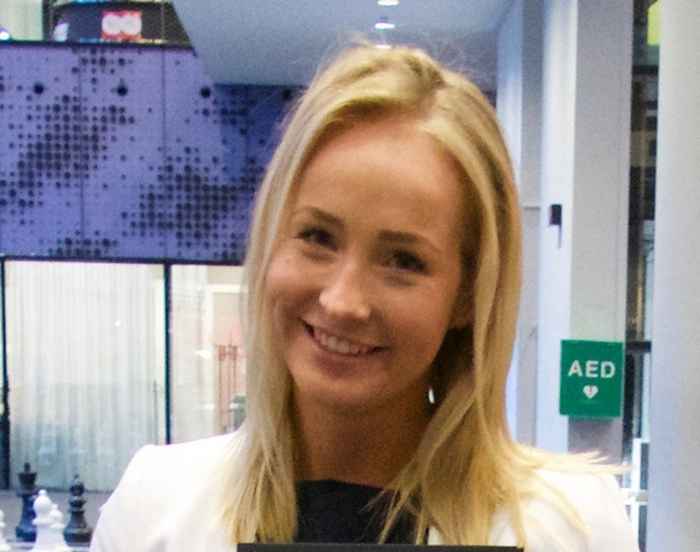
Alumnus Tessa Hemrika
'The biochemistry element involves research into the underlying cellular processes and metabolic diseases such as obesity which are growing problems in all regions of the world.'
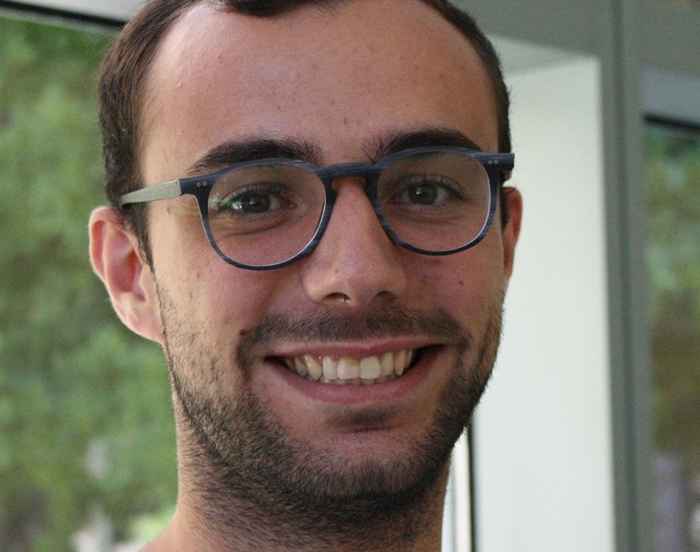
Andrea Vecchione, alumnus and PhD student
'The Master’s Programme in Biomedical Sciences at the University of Amsterdam was an important stepping stone in my scientific life and helped me to understand what a PhD would potentially be like.'
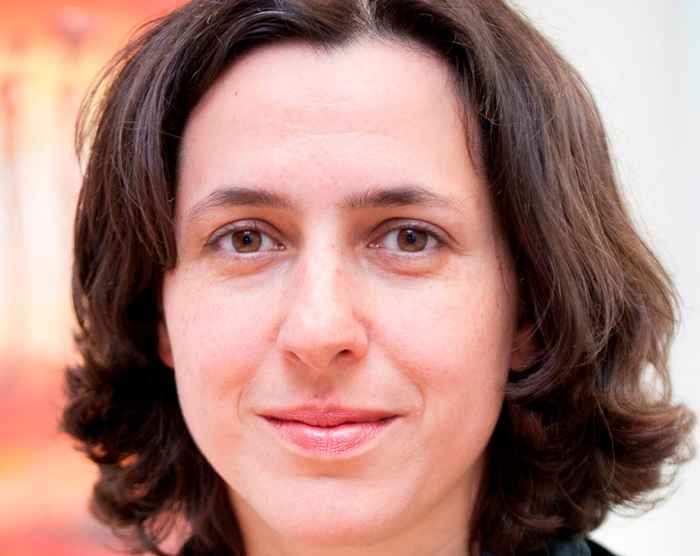
Lea Dijksman - Research coordinator
'Together with a colleague of mine, we guide the doctors and nurses in setting up and conducting scientific research (epidemiological and statistical) and in writing scientific articles.'
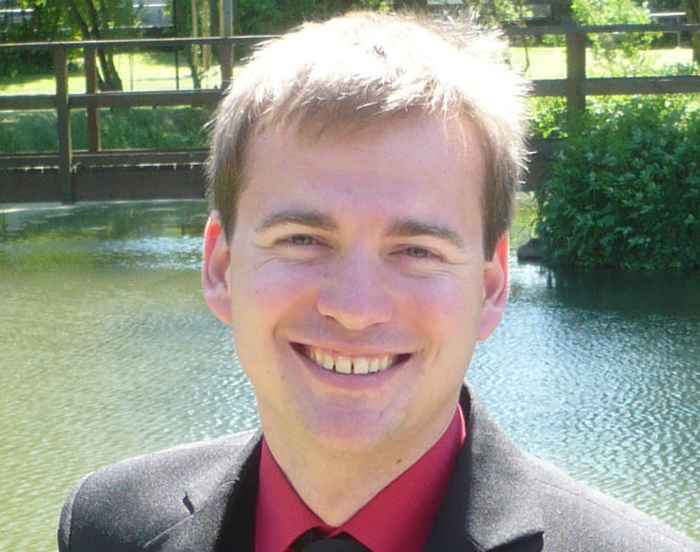
PhD student Clemens Heilmann
'I made use of mass spectrometry, a technique that can be used to identify molecules, to look at the proteins and discovered that five proteins on the cell wall and seven secreted proteins outside of it are always present. These permanent proteins can therefore be used to detect Candida.'
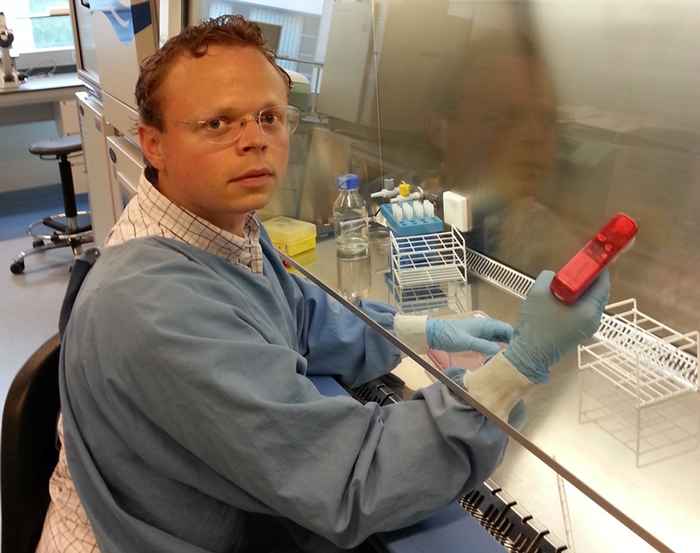
PhD student Niek Wit
‘I looked at damaged DNA. External factors such as UV rays or cigarette smoke, can inflict so much damage on DNA that it can no longer replicate properly, which ultimately can cause cancer.'
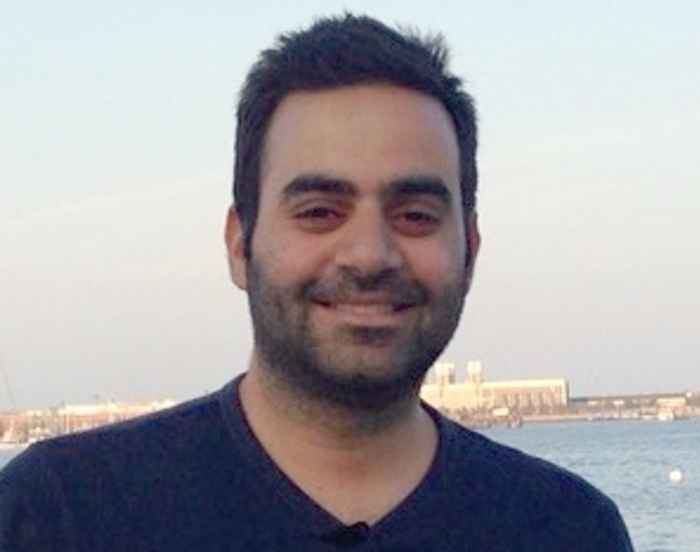
PhD student Ali Rashidfarrokhi
'My research is one of the examples of how the dynamic nature of lipids at the plane of plasma membrane is critical for proper functioning of phagocytes, such as macrophages and dendritic cells.'